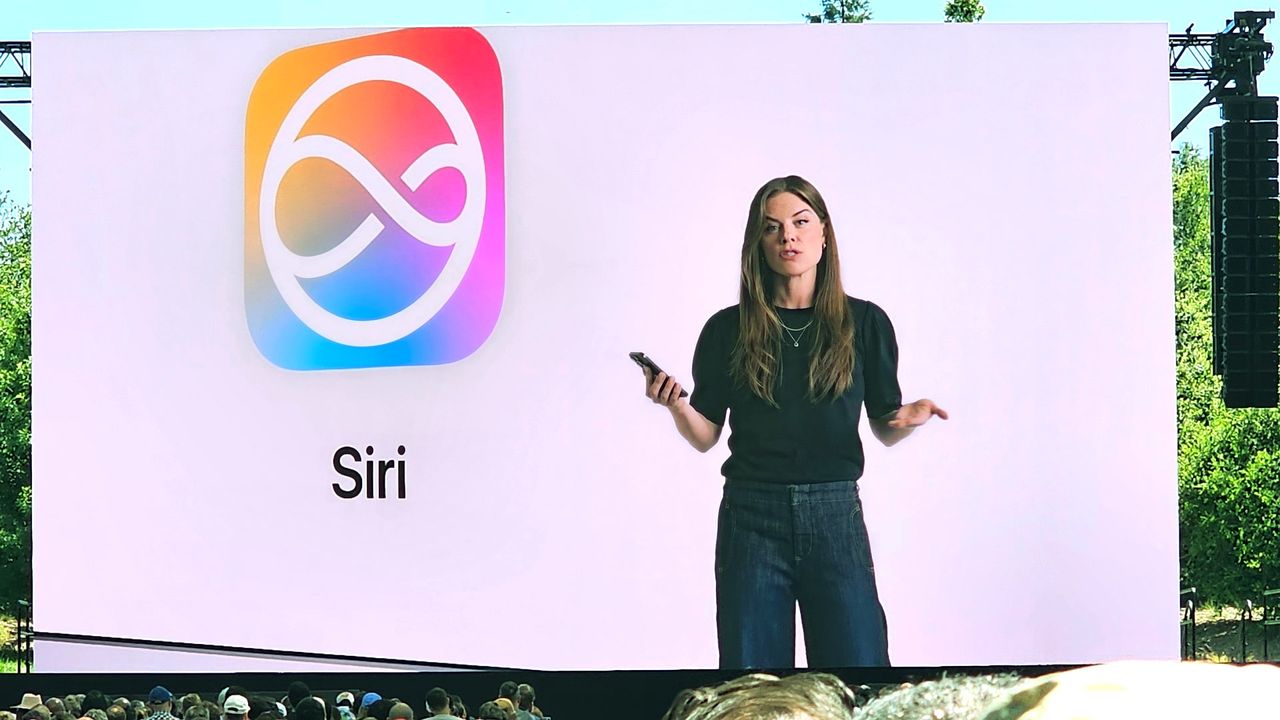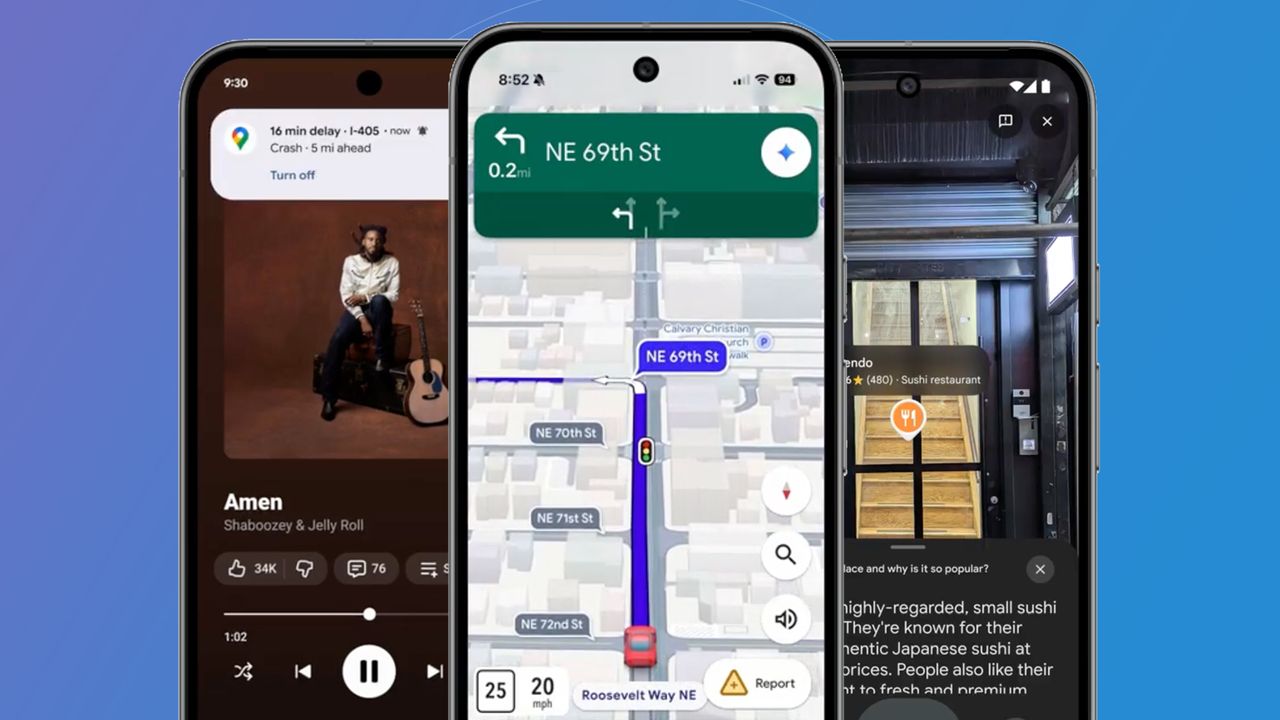
Snapchat to Embed Perplexity AI Search in Early 2026
Snap Inc. announced a $400 million agreement with Perplexity AI to integrate the AI search engine directly into Snapchat’s chat interface. The partnership, slated for early 2026, will let users ask questions and receive conversational answers sourced from verifiable data. Snap expects the deal to start contributing to its revenue in 2026, and CEO Evan Spiegel suggested similar collaborations could follow. The move adds to Snap’s broader AI strategy, which already includes its MyAI chatbot, AI‑powered lenses, and the Snapchat+ subscription service.









